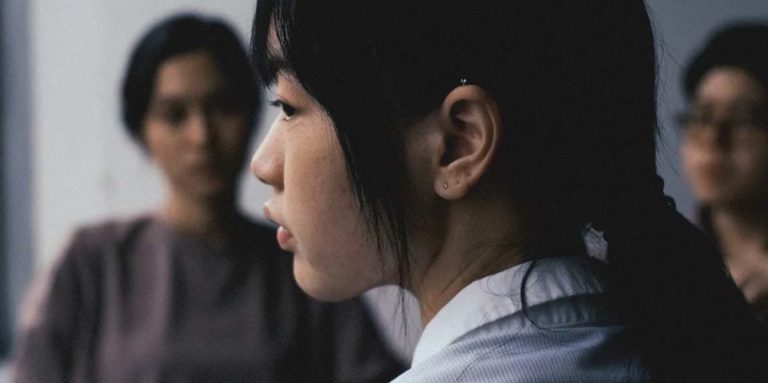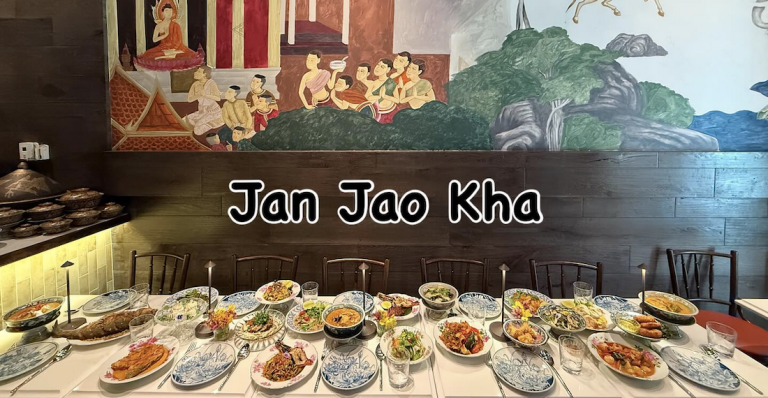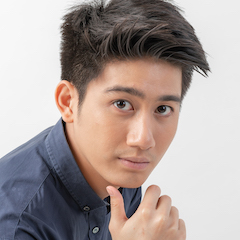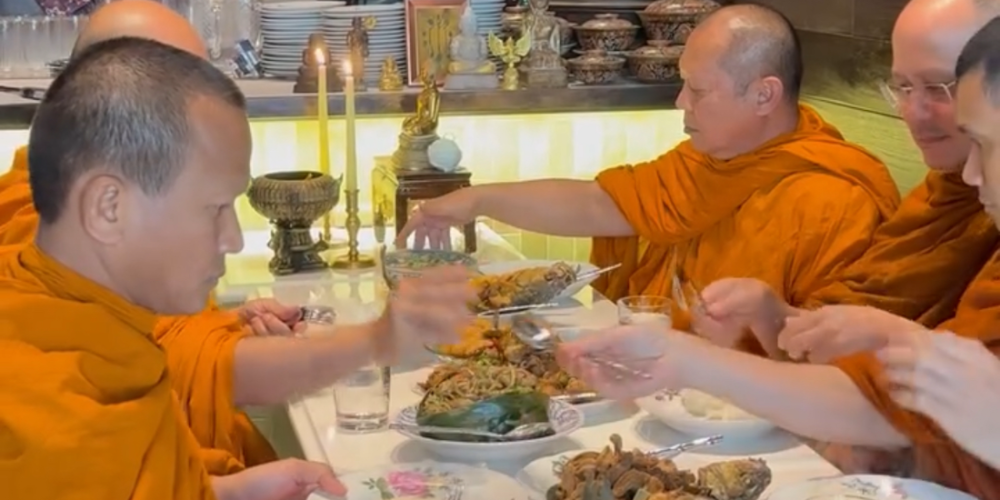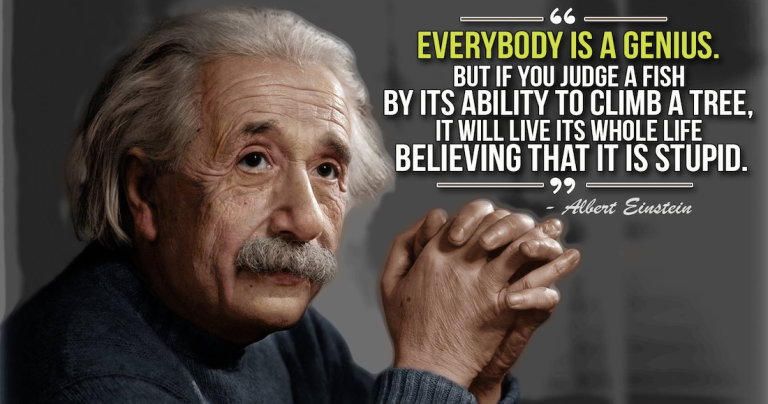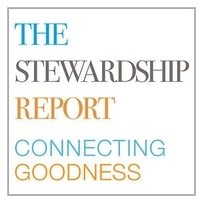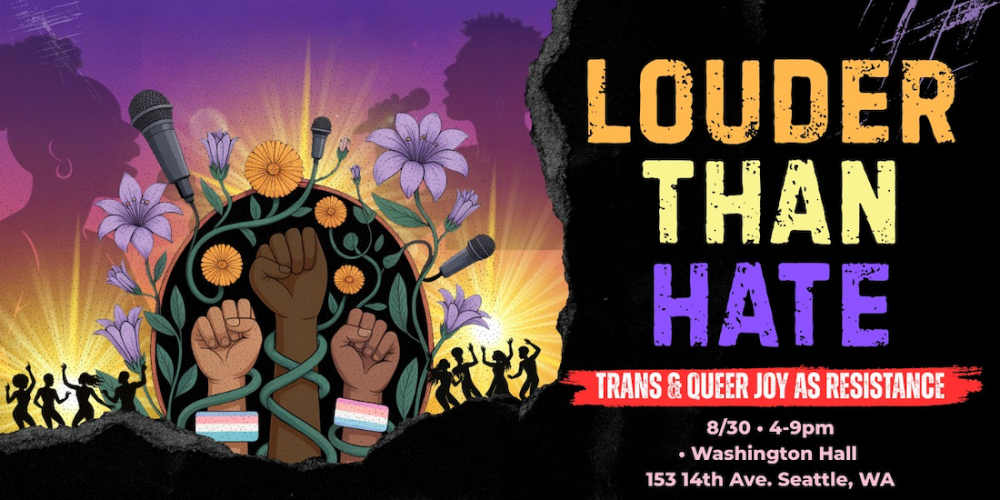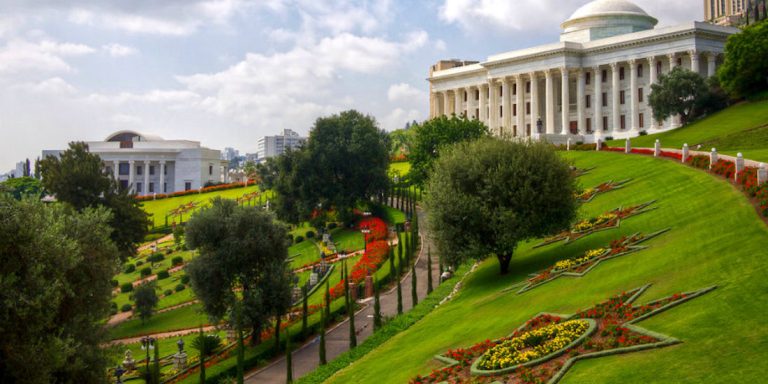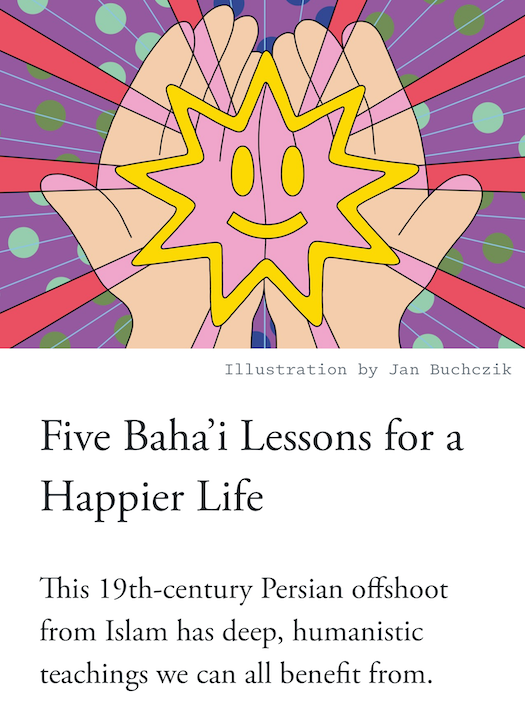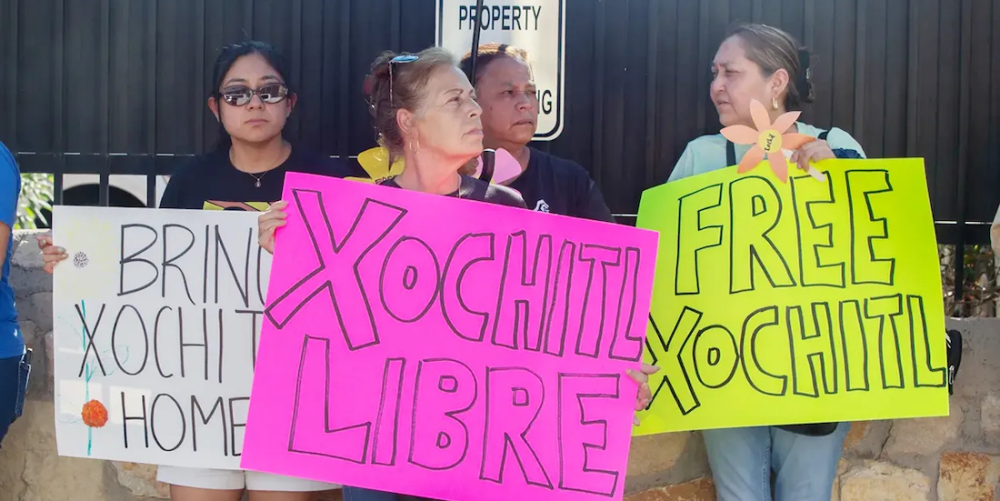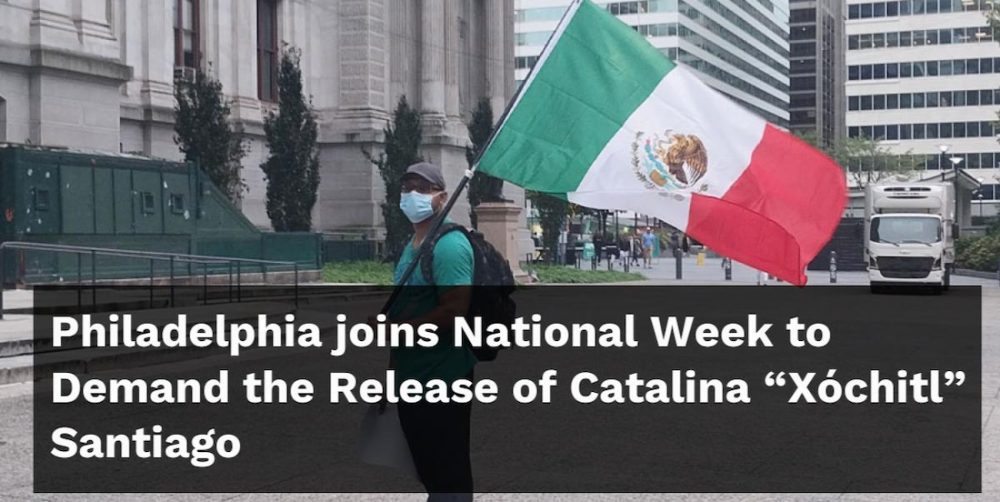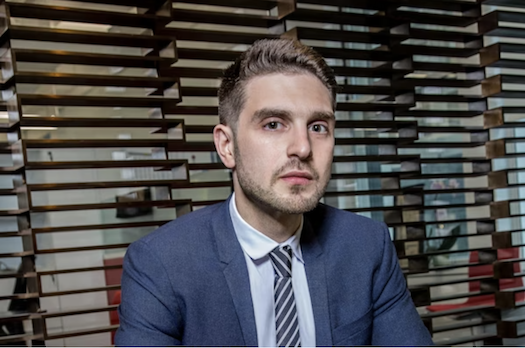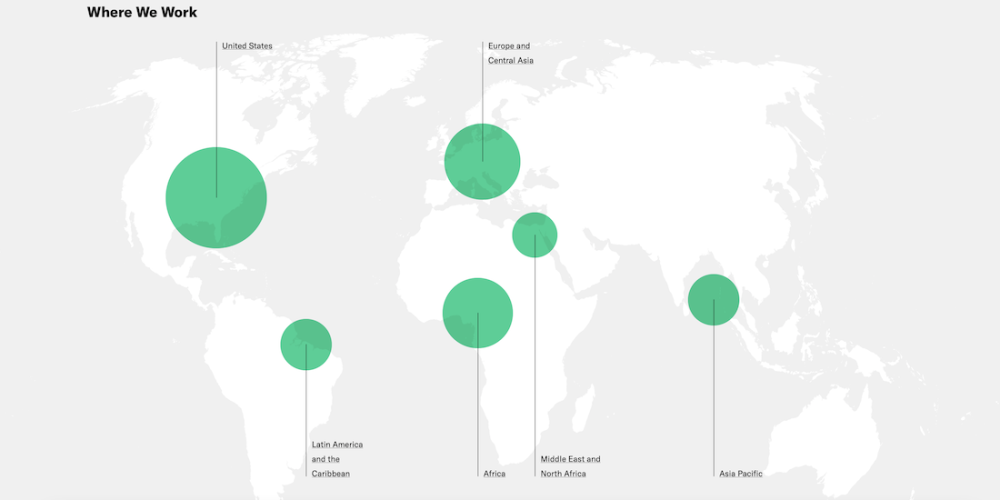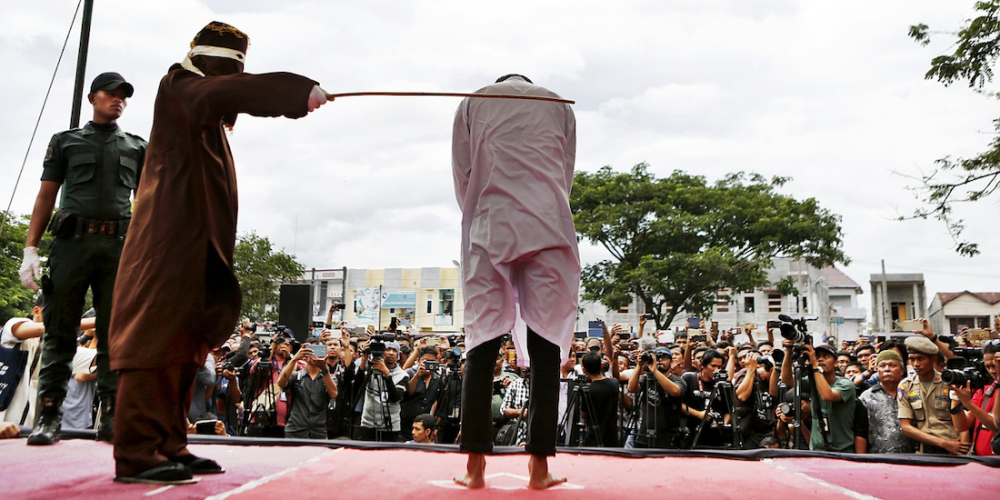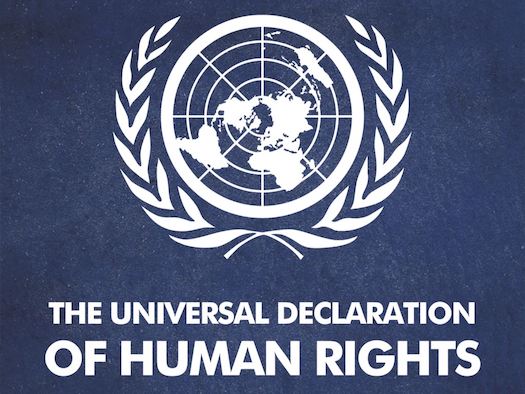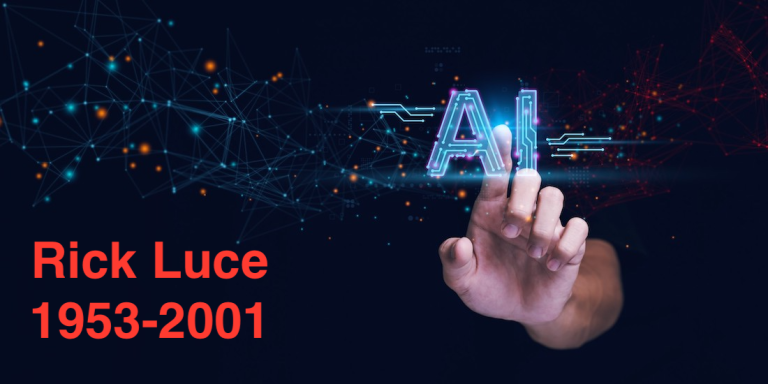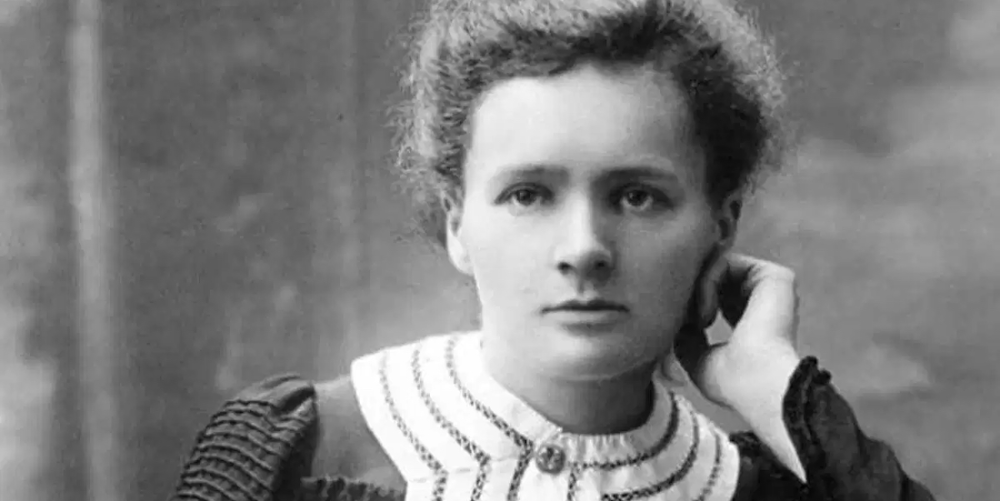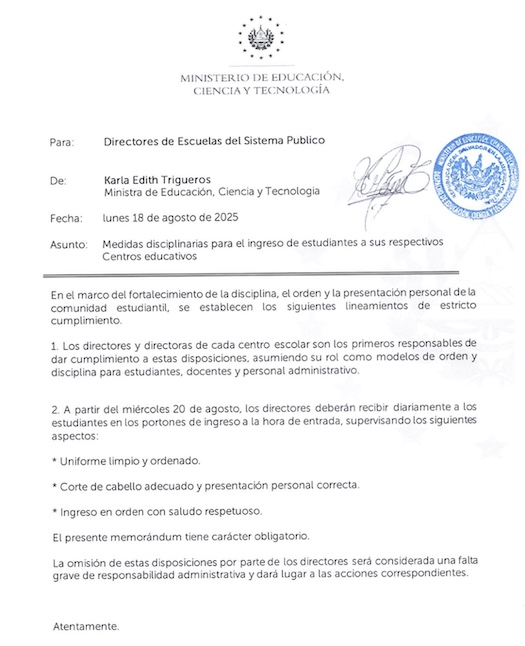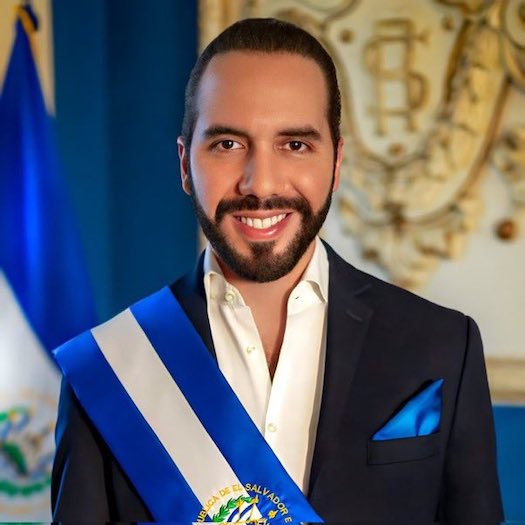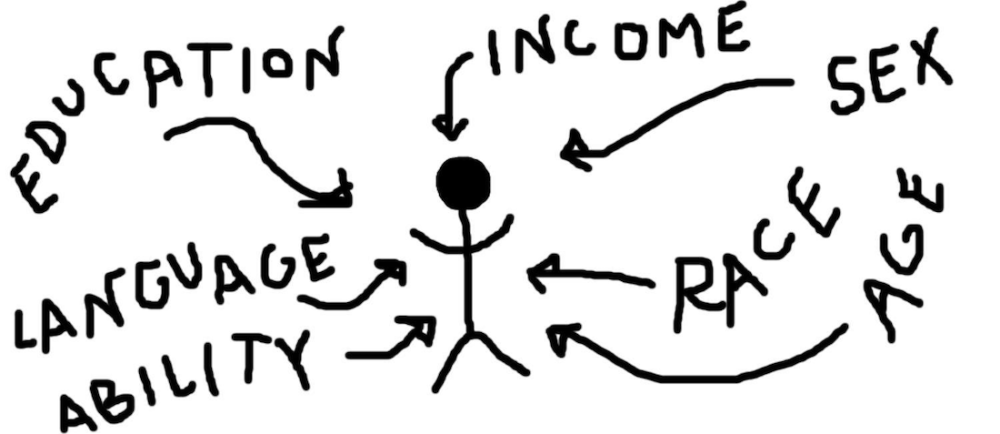Nawapol Thamrongrattanarit’s “Human Resource” exposes the dehumanizing reality of modern workplace exploitation

New York, N.Y. – The sterile fluorescent lights of corporate offices have rarely felt more suffocating than in Nawapol Thamrongrattanarit’s latest film, Human Resource, which premiered in the Orizzonti strand at the Venice International Film Festival.
The Thai director, known for his contemplative work Happy Old Year, delivers a haunting meditation on modern work culture that resonates far beyond Bangkok’s towering business districts.
A Pregnancy Amid Economic Despair

Prapamonton Eiamchan delivers a masterfully restrained performance as Fren, a human resources employee navigating both an unexpected pregnancy and an increasingly hostile work environment.
Five weeks pregnant when the film opens, Fren’s condition becomes a metaphor for hope struggling to survive in a world designed to crush the human spirit.
The film’s opening sequence establishes the bleakness immediately: Fren lies motionless during an ultrasound, watching her unborn child appear as nothing more than a small black dot on the monitor.
“Take care of your emotions,” the doctor advises, but Thamrongrattanarit makes clear that emotional well-being is a luxury this society cannot afford.
Working alongside colleague Tenn in a faceless corporation, Fren spends her days recruiting workers for positions that barely qualify as employment.
The latest opening offers just 18,000 baht ($560) monthly for six-day work weeks—a salary so meager that potential candidates are immediately dismissed for requesting even modest increases of 2,000 baht ($60).

Corporate Machinery Grinding Human Dreams
Thamrongrattanarit crafts each scene with deliberate precision, allowing the camera to linger on Fren’s increasingly catatonic expressions as she processes applications from desperate job seekers.
The director’s decision to eschew Bangkok‘s typically vibrant cinematography in favor of overcast, drab imagery reinforces the film’s central thesis: modern capitalism has drained color from both the literal and metaphorical landscape.
The human resources department becomes a particularly pointed setting for this critique. “HR is not a human buffet,” one character observes, though Thamrongrattanarit suggests it’s something far worse—a feeding frenzy where workers’ dignity becomes disposable commodity.
Technology and Social Decay
The film’s broader social commentary emerges through carefully placed details about contemporary Thailand‘s challenges. News reports reference widening wealth inequality, microplastics contaminating human reproductive systems, and general social unrest. One particularly chilling scene features a demonstration of “ultra-slim stab vests” marketed with the slogan “For an increasingly hostile world.”
These elements aren’t merely background texture but essential components of Thamrongrattanarit’s argument
about how economic pressure creates cascading social problems. When artificial intelligence threatens
entry-level positions, young workers face impossible choices between exploitation and unemployment.
Motherhood in an Uncertain Future
Fren’s pregnancy becomes the film’s emotional anchor, raising uncomfortable questions about bringing children into an increasingly unstable world. Thamrongrattanarit never explicitly answers whether parenthood remains ethical under such circumstances, instead allowing audiences to grapple with the moral complexity themselves.
The director’s approach to Fren’s internal struggle demonstrates remarkable sophistication. Rather than providing easy answers about work-life balance or maternal instincts, the film examines how systemic problems affect individual decisions. Fren’s growing numbness isn’t presented as personal weakness but as natural response to dehumanizing conditions.

Visual Poetry Amid Darkness
Despite its bleak subject matter, Human Resource achieves moments of genuine beauty through Thamrongrattanarit’s visual storytelling.

A sequence featuring Fren driving through an automated car wash while Beethoven‘s “Moonlight Sonata” plays demonstrates the director’s ability to find poetry in mundane experiences.
The film’s production design deserves particular recognition for creating authentic corporate environments that feel both specifically Thai and universally recognizable.
Fluorescent lighting, beige cubicles, and endless paperwork become visual shorthand for soul-crushing routine that transcends cultural boundaries.
Scattered Focus, Powerful Impact
While Human Resource occasionally suffers from scattered narrative focus—Thamrongrattanarit attempts to address numerous social issues without always connecting them cohesively—the film’s cumulative impact remains undeniable.
The director’s meditative pacing allows audiences to absorb the full weight of each carefully constructed scene.
The film’s treatment of declining birth rates and changing family structures adds another layer to its social commentary. Thamrongrattanarit suggests that economic pressure doesn’t just affect individual workers but threatens society’s fundamental structures.
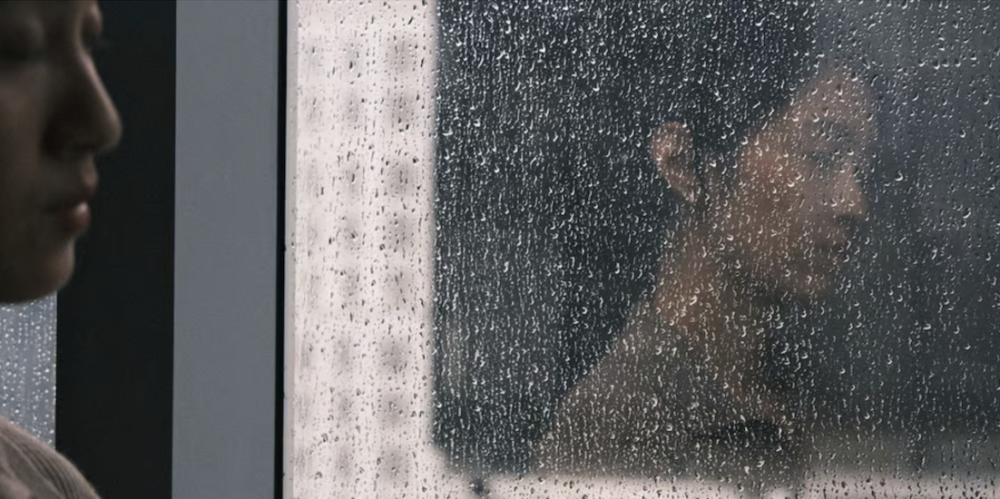
A Mirror for Global Audiences
Human Resource succeeds most powerfully as international cinema because its critique extends beyond Thailand’s specific circumstances. White-collar workers worldwide will recognize Fren’s experiences of bureaucratic dehumanization, inadequate compensation, and moral compromise required for survival.
The film’s relevance became particularly apparent during recent global discussions about workplace culture, mental health, and economic inequality. Thamrongrattanarit has created a work that speaks directly to contemporary anxieties about capitalism’s human costs.
Essential Viewing for Our Times

Human Resource stands as essential viewing for anyone seeking to understand how modern economic systems affect individual psychology and social cohesion.
Thamrongrattanarit has crafted a film that functions simultaneously as personal character study and broad social critique.
While the director’s ambitious scope occasionally dilutes the narrative focus, the film’s core message remains crystal clear: current corporate culture demands fundamental reevaluation if society hopes to maintain basic human dignity.
Fren’s story becomes a call for systemic change disguised as intimate psychological portrait.
The film’s Venice premiere positions it perfectly for international distribution, where audiences grappling with similar workplace challenges will find both validation and inspiration for necessary conversations about labor rights, corporate responsibility, and human worth in an increasingly automated world.
Thai Director Delivers Devastating Corporate Culture Critique at Venice (Sept. 3, 2025)
Summary
Thai director Nawapol Thamrongrattanarit’s “Human Resource,” premiering at Venice Film Festival, follows pregnant HR worker Fren navigating dehumanizing corporate culture in Bangkok. The film critiques modern capitalism through intimate character study, examining how economic pressures affect individual psychology and social structures. While occasionally scattered in focus, it delivers powerful commentary on workplace exploitation, declining birth rates, and systemic inequality that resonates globally. Thamrongrattanarit creates essential viewing for understanding contemporary labor challenges and capitalism’s human costs.
